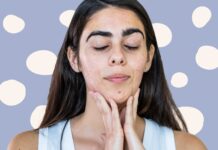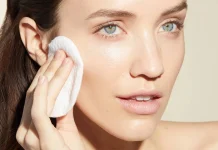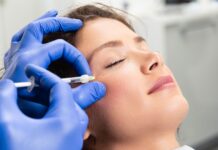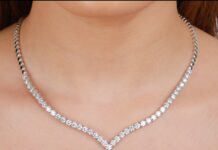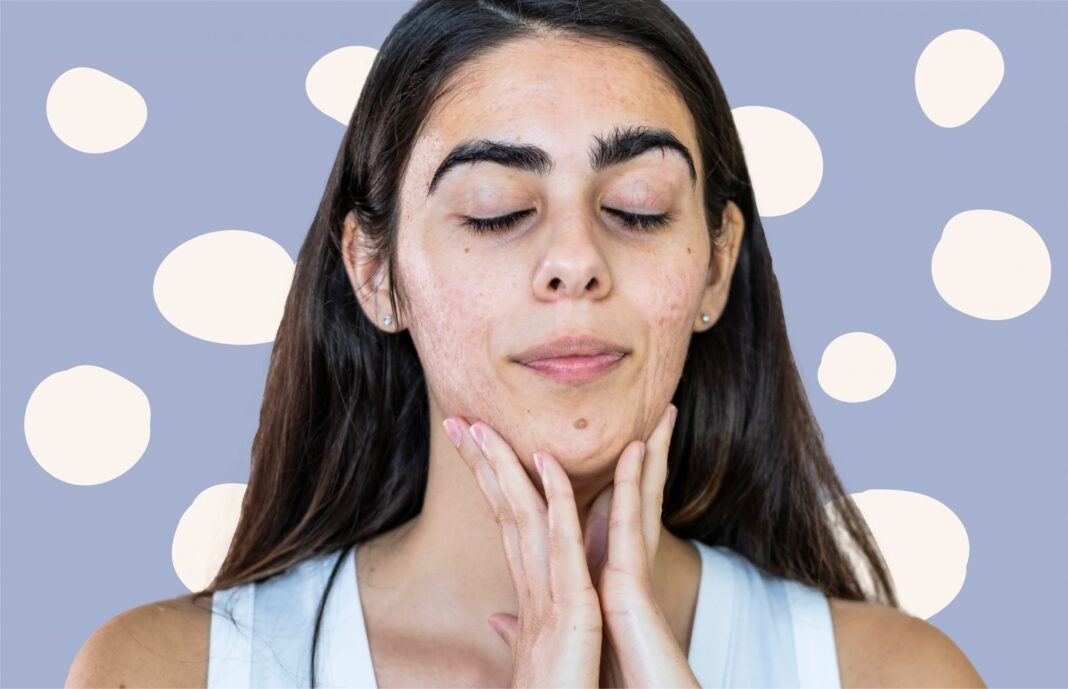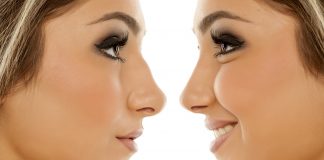Struggling with acne is unpleasant no matter how old you are, and it can have a serious impact on your self-confidence. Fortunately, in some cases, the problem can be easily solved.
Before spending loads of money on seeing a dermatologist and buying expensive medication for acne, figure out if you can reduce it on your own with some of our tips that help reduce acne bacteria. When you understand acne bacteria, you’ll be better equipped to take care of your skin, so click here to learn more about that before you dive into our tips.
Without further ado, here’s what you can do to make sure you’re taking good care of your skin.
Start Double Cleansing
Cleansing is the most important part of your skincare routine. It removes the dirt, grime, sweat, and bacteria from your face before they all sink into your pores and cause breakouts.
However, nowadays, dermatologists recommend cleansing your skin twice in a row – first with an oil-based cleanser and then followed up with a cream- or milk-based cleanser. This can help to ensure that residual makeup, dirt, and even product are thoroughly removed from your skin.
Exfoliate Regularly
Another step to make sure you’re following is to exfoliate every week with a gentle exfoliant. Exfoliating helps to deeply clean out your pores and remove dead skin cells and other irritants from your skin.
Find an exfoliating scrub that doesn’t cause any pain when applied to your skin, or even try out a chemical exfoliant, as this can often be gentler, especially for those with sensitive skin. However, make sure that you don’t exfoliate too often, as this can be damaging to your skin too.
Moisturize Properly
Moisturizing plays a larger role than you think and can have a major impact on your acne. The key here is to make sure that you’re using the right moisturizer for your skin type. If your skin is dry, you’ll need a very hydrating product. However, if you use that type of product when you already have oily skin, it can make your skin greasy and cause breakouts.
Using high-quality products with good ingredients is crucial here, too, though this doesn’t mean you need to break the bank. Regularly using a high-quality moisturizer can also help with anti-aging, so ask around for good recommendations that are within your budget.
Use Your SPF
Finally, you might not realize it, but sun protection can impact breakouts too. Protecting your skin from the sun is an essential step to take for long-term skin health and short-term aesthetics. Find a good SPF product (at least 50 SPF) and wear it every single day, even when you’re staying indoors! Make sure to apply it at the end of your skincare routine, right before you apply any makeup.
Many women find that their sunscreen makes them break out, so you might need to find an SPF for sensitive skin. This is a better option than foregoing sunscreen entirely!



